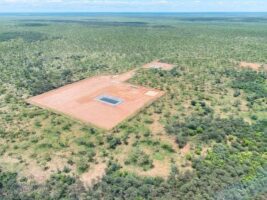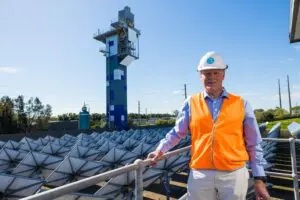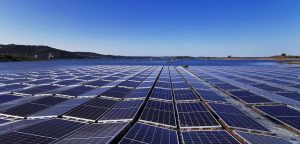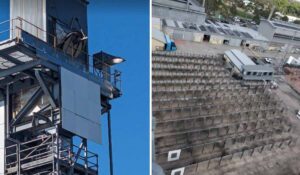The CSIRO says it will lead a $5 million international collaboration initiative to bring together researchers from Australia and overseas to collaborate on the development and demonstration of emerging “low emissions” hydrogen technologies.
CSIRO chief executive Larry Marshall said the program to build international collaborations as part of the CSIRO’s wider ‘hydrogen industry mission’, which would focus on fostering collaboration between Australian and international research institutions on the development of emerging hydrogen technologies.
“Our Hydrogen Industry Mission recognises that, as the global investment in clean energy ramps up, we need to be on the front foot and leverage international collaboration in hydrogen RD&D to give Australia the best advantage we can to capture this market opportunity,” Marshall said.
In May, the CSIRO launched a $68 million Hydrogen Industry Mission, which will oversee funding for more than 100 research projects to progress the development of new hydrogen technologies, including in collaboration with major industry partners such as Fortescue Metals, Hyundai and Toyota.
The additional two-year international collaboration program announced on Wednesday would drive collaboration between governments, industry and research institutions, with the aim of contributing to the Morrison government’s goal of reducing the cost of hydrogen to $2 per kilogram – a level that would see hydrogen become a commercially attractive alternative to fossil fuels.
“Investing in R&D and building connections with international partners are critical to Australia building and growing our own globally competitive industry,” federal minister for energy and emissions reduction, Angus Taylor, said.
“We recognise the important economic and job opportunities becoming a major global hydrogen player will deliver while also lowering emissions.”
The Morrison government included hydrogen amongst five priority technologies under its ‘technology investment roadmap’. The government has promoted the roadmap as an alternative to setting long-term greenhouse gas emissions reduction targets and has included the development of hydrogen produced using fossil fuels, paired with carbon capture and storage technologies, as part of a potential approach to establishing Australia’s early hydrogen industry.
The new international collaboration is likely to similarly focus on advancing the production and use of low emissions hydrogen across a range of industrial sectors, including the production of hydrogen for use in ammonia production, as well as enabling technologies like carbon capture and storage, to account for emissions associated with the production of hydrogen using fossil fuels.
Such collaboration could help progress the demonstration and commercialisation of a CSIRO developed membrane, used to extract hydrogen from ammonia, that could improve the ability of ammonia to be used as a transport medium in a future hydrogen export industry.
The $5 million program follows agreements being signed between Australia and Germany, Singapore and Japan to cooperate on the research, development and demonstration of new hydrogen technologies. The program is likely to support the sharing of knowledge between institutions based in each of the countries, as well as the opportunity for researcher exchanges between respective research institutions.
The CSIRO’s Hydrogen Industry Mission leader Dr Patrick Hartley said that through the international collaborations, it was well placed to take advantage of the momentum building around hydrogen as a tool in the wider decarbonisation of the global economy.
“CSIRO is well positioned to benefit from this emerging global and national opportunity to enable our transition to net zero emissions,” Hartley said.










